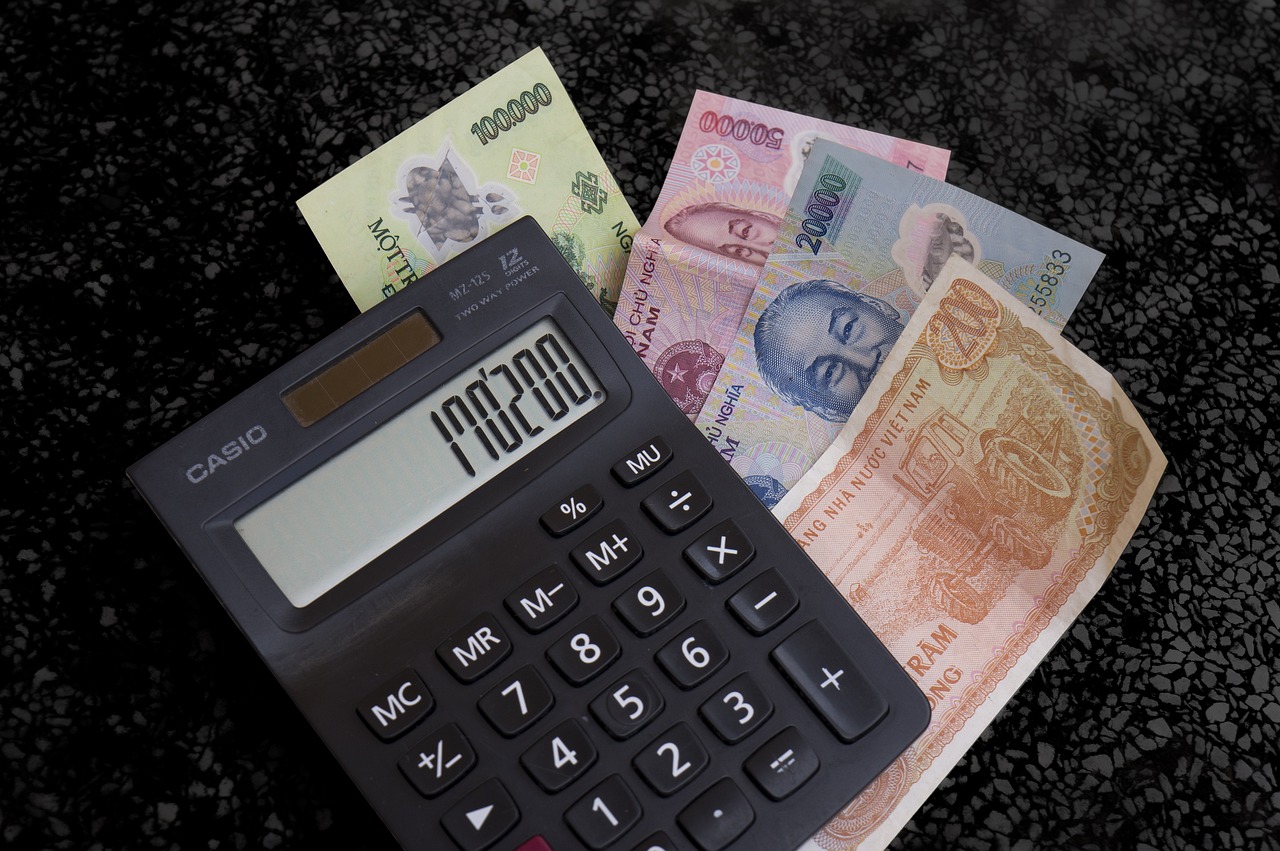Unlocking the Mysteries of IBAN Numbers in the USA: Everything You Need to Know
GPT_Global - 2024-03-19 09:30:07.0 523
Are there any specific regulations regarding IBAN numbers in the USA?
In the United States, there are no specific regulations regarding IBAN numbers. The International Bank Account Number (IBAN) was developed by the European Committee for Banking Standards in order to facilitate cross-border transactions and standardize international bank account numbers. However, it is not mandatory for banks in the United States to use IBAN numbers.
Despite this, many remittance businesses in the US have started using IBAN numbers in order to provide a more efficient and cost-effective service to their customers. IBAN numbers can help streamline international transactions and reduce the fees associated with them. This is especially beneficial for those sending money abroad on a regular basis.
Some banks in the US may also require the use of IBAN numbers for specific countries or regions. This is due to the fact that many countries have adopted IBAN as the standard for their own national bank account numbers. Therefore, it is important for remittance businesses to be aware of any potential requirements for IBAN numbers when sending money to certain countries.
It is also important for remittance businesses to ensure that the IBAN number provided by the sender is accurate. IBAN numbers contain a country code, check digits, and a bank identifier. Any errors in these numbers could result in delays or even failed transactions. Therefore, it is crucial for remittance businesses to verify the IBAN number before processing any transactions.
In conclusion, while there are no specific regulations regarding IBAN numbers in the US, it is becoming increasingly important for remittance businesses to use them in order to provide a more efficient and cost-effective service to their customers. IBAN numbers can help streamline international transactions and reduce fees, making them a valuable tool in the remittance industry. It is important for remittance businesses to keep up with any potential requirements for IBAN numbers and ensure the accuracy of the numbers provided by their customers.

Do credit unions and savings banks in the USA use IBAN numbers?
In the United States, credit unions and savings banks are not required to use IBAN numbers for remittance services. Instead, they use another unique identifier known as a routing number. This system was established by the American Bankers Association in the early 20th century to facilitate electronic transfers within the country.
While IBAN numbers are used internationally to identify bank accounts, the United States has its own system in place. This means that if you are sending money to or from a credit union or savings bank in the U.S., you will need to provide the routing number instead of an IBAN number.
If you are looking to send money to someone in the U.S. from another country, it's important to be aware of this difference in identification systems. You will need to obtain the recipient's routing number in order to complete the transaction successfully.
One advantage of using the routing number system is that it is relatively simple and easy to use. Most banks and credit unions have their routing numbers readily available on their websites or can provide it upon request. This makes it easier for individuals and businesses to conduct remittance transactions with U.S.-based financial institutions.
Furthermore, the routing number system is widely accepted and recognized by other financial institutions in the United States. This means that if you are using a remittance service to send money to a credit union or savings bank in the U.S., you can be confident that the transfer will be successful and efficient.
In conclusion, while credit unions and savings banks in the U.S. do not use IBAN numbers for remittance services, they have a well-established and effective alternative in the form of routing numbers. As long as you have the correct routing number, you can easily and securely send money to and from these financial institutions. So whether you are a U.S. resident or an international sender, understanding the importance of routing numbers is crucial for seamless remittance transactions.
Can an individual have their own personal IBAN number in the USA?
Remittance business is a growing industry in the United States, with millions of individuals sending and receiving money from overseas each year. One question that often arises is whether an individual can have their own personal IBAN number in the USA. The answer is no, as IBAN numbers are only used in Europe, the Middle East and parts of North Africa. Instead, individuals in the USA use bank routing numbers and account numbers to facilitate international money transfers. IBAN (International Bank Account Number) is a standardized international format for identifying bank accounts. It is primarily used in Europe, the Middle East and parts of North Africa, and is not recognized or utilized in the USA. While some banks in the USA may have IBANs for internal use, they are not required or issued to individuals. Therefore, it is not possible for an individual to have their own personal IBAN number in the USA. Instead, individuals in the USA use bank routing numbers and account numbers to receive incoming international transfers. A bank routing number, also known as an ABA number, is a nine-digit code assigned by the American Bankers Association to identify a specific financial institution. It is used to direct funds to the correct bank during electronic transactions. The account number, on the other hand, is unique to each individual account and is used to identify the recipient's specific account within the bank. In order to send or receive money through a remittance business in the USA, individuals will need to provide their bank routing number and account number to the sender or recipient overseas. These numbers are usually found on a checkbook, bank statement, or can be obtained from your bank directly. It is important to ensure that the information provided is accurate, as any mistakes can delay or prevent the transfer from being completed. In conclusion, while individuals cannot have their own personal IBAN number in the USA, the use of bank routing and account numbers still allows for efficient international money transfers through remittance businesses. It is important for individuals to understand and provide the correct information to ensure smooth and successful transactions. As the remittance business continues to grow, it is important for individuals to stay informed and up-to-date on the various methods and requirements for sending and receiving money internationally.How is an IBAN number different from a regular bank account number in the USA?
The International Bank Account Number (IBAN) is a standardized format of bank account numbers used for international remittance transactions. Unlike regular bank account numbers in the USA, the IBAN contains a series of alphanumeric characters that provide crucial information about the specific bank account and country it belongs to.
One major difference between an IBAN number and a regular bank account number in the USA is the length. While most US bank account numbers are usually 9 digits long, an IBAN can range from 15 to 34 characters, depending on the country. This longer length allows for more specific and accurate identification of the recipient's bank account.
Another difference is the structure of the numbers. Regular bank account numbers in the USA consist of a routing number and an account number. In contrast, the IBAN is structured in a specific way, with the first two characters representing the country code, followed by two check digits, and then a combination of the bank's code and the account holder's number.
One of the main purposes of the IBAN is to streamline and simplify international money transfers. With a standardized format, it becomes easier for banks and financial institutions to process and verify transactions, reducing the possibility of errors or delays. This also helps to lower the cost of international remittances for customers as it eliminates the need for multiple intermediary banks in the transaction process.
The use of IBAN numbers is not limited to Europe but is also widely adopted in other parts of the world such as the Middle East, Africa, and parts of Asia. This makes it a crucial requirement for anyone looking to make international payments or receive funds from abroad.
In conclusion, an IBAN number is a unique and standardized bank account format that is used for international remittance transactions. Its longer length, specific structure, and adoption across various countries make it a more efficient and cost-effective option compared to regular bank account numbers in the USA.



